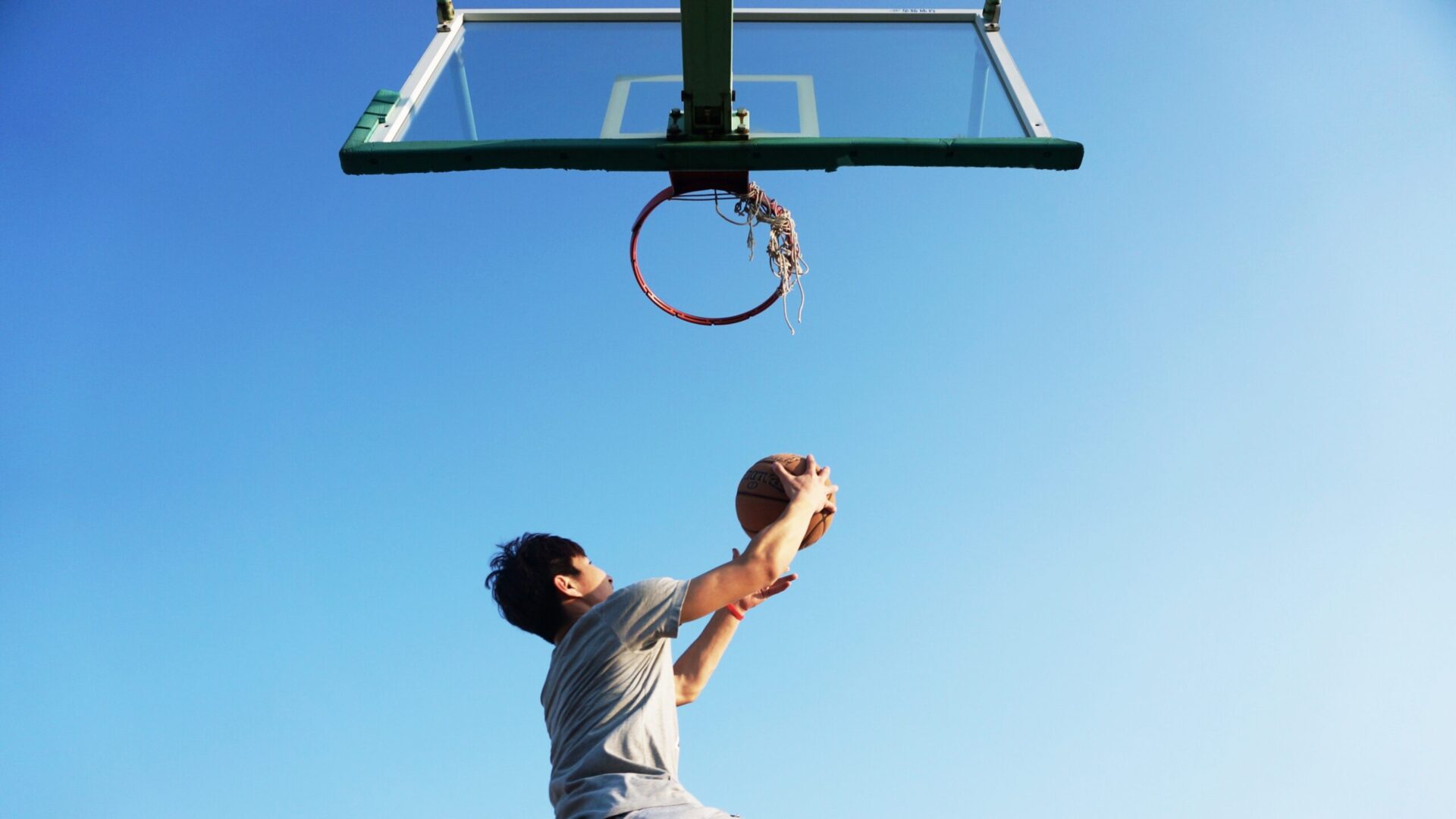Optimizing ADHD Living with Sports Psychology Techniques for Athletes

Adults with ADHD and elite athletes face eerily similar challenges — just in different ballparks.
As a sports psychiatrist, I help athletes demonstrate their true abilities in their sport. Together, we address a variety of mental factors that influence athletic performance — from focus and motivation challenges to stress levels and beyond.
As an adult with ADHD myself, many of the sports psychology strategies I use with my clients end up in my own toolbox. Managing ADHD, after all, is about anticipating and mitigating its impact on day-to-day performance.
So, train like an athlete. Even if you’ve never played a sport in your life, chances are you already resemble an elite athlete: You’re curious, resilient, a creative thinker, a risk-taker, and you thrive under pressure. Maximize your own performance and champion your ADHD with these sports psychology techniques.
Elite athletes know the game — and themselves — inside out. As the ultimate experts on their brains and bodies, pro athletes are highly self-aware. They know their strengths and trouble spots, and they understand how to leverage both to achieve better performance.
I can’t over-stress the importance of self-awareness with ADHD. You must have a strong grasp of your strengths and of the symptoms that you find most impairing in your everyday life. You must accept your idiosyncrasies. You must also understand how your brain operates and how it affects your performance.
Take dopamine, which plays a major role in motivation and the brain’s reward circuitry. Elevated dopamine levels drive athletes to train at intense levels and stay motivated to reach their performance goals.1 ADHD brains, which are dopamine deficient, struggle to stay motivated, especially when rewards are far off.2 ADHD medication helps release this important neurotransmitter.
Armed with intel like this, you’ll be able to respond to performance challenges with practical solutions that align with the way you’re uniquely wired. You’ll be able to play your best game — and that’s winning.
In an athlete’s pyramid of performance conditioning, attitude and mindset comprise the base — the foundation that determines everything. Mindset is built and strengthened through mental conditioning, which includes learning how to manage emotions, focus under pressure, and cope when things aren’t going according to plan.
For those of us with ADHD, repeated negative experiences at the hands of our symptoms — from emotional reactivity and indecisiveness to impulsivity and distractibility — greatly affect mindset. We dwell on our mistakes, and we can be quite hard on ourselves, even though we live with a condition that doesn’t always allow us to perform at our best. That makes fostering a winning attitude even more important, which you can condition with the following approaches:
With ADHD, we know that motivating ourselves to get to the finish line is our principal struggle, even when victory awaits. That’s why some experts have taken to describing ADHD as a performance disorder.
Athletes aren’t immune to dips in motivation, but they keep going because they have a process — a structure they abide by to stay on course. The late Kobe Bryant’s famous Mamba Mentality mindset is all about process.
We can take some inspiration from Kobe and come up with a system — a playbook — that supports our desire to stay in the game.
If you’re having trouble writing or sticking to a playbook, consider working with a therapist who specializes in ADHD. A therapist can help you understand your motivational barriers and how to overcome them. ADHD and executive function coaches can also help you implement motivation and productivity strategies.
When athletes are improperly nourished and dehydrated, it shows up in their performance. The same goes for us, yet we often overlook the importance of fueling our brains and bodies for optimal functioning. Too many of us walk around dehydrated and hungry, and we still wonder why we’re tired, irritable, and mentally fatigued.
In and out of sports, routines help us find structure in our lives and perform our best. But consistency isn’t always easy to achieve. ADHD brains sometimes consider routines boring, rigid, and overwhelming. It can take weeks for a routine to become second nature, which may push our patience beyond the brink. Dropping the ball on our routines also fills us with dread, and it deflates any remaining motivation we need to follow through.
Try these strategies to get back on track and stick to your routines:
A healthy lifestyle will allow you to bring your A-game to all you do, and nutrition is only one part of it. Prioritize moving your body, getting adequate rest, and staying on top of all your medications.




